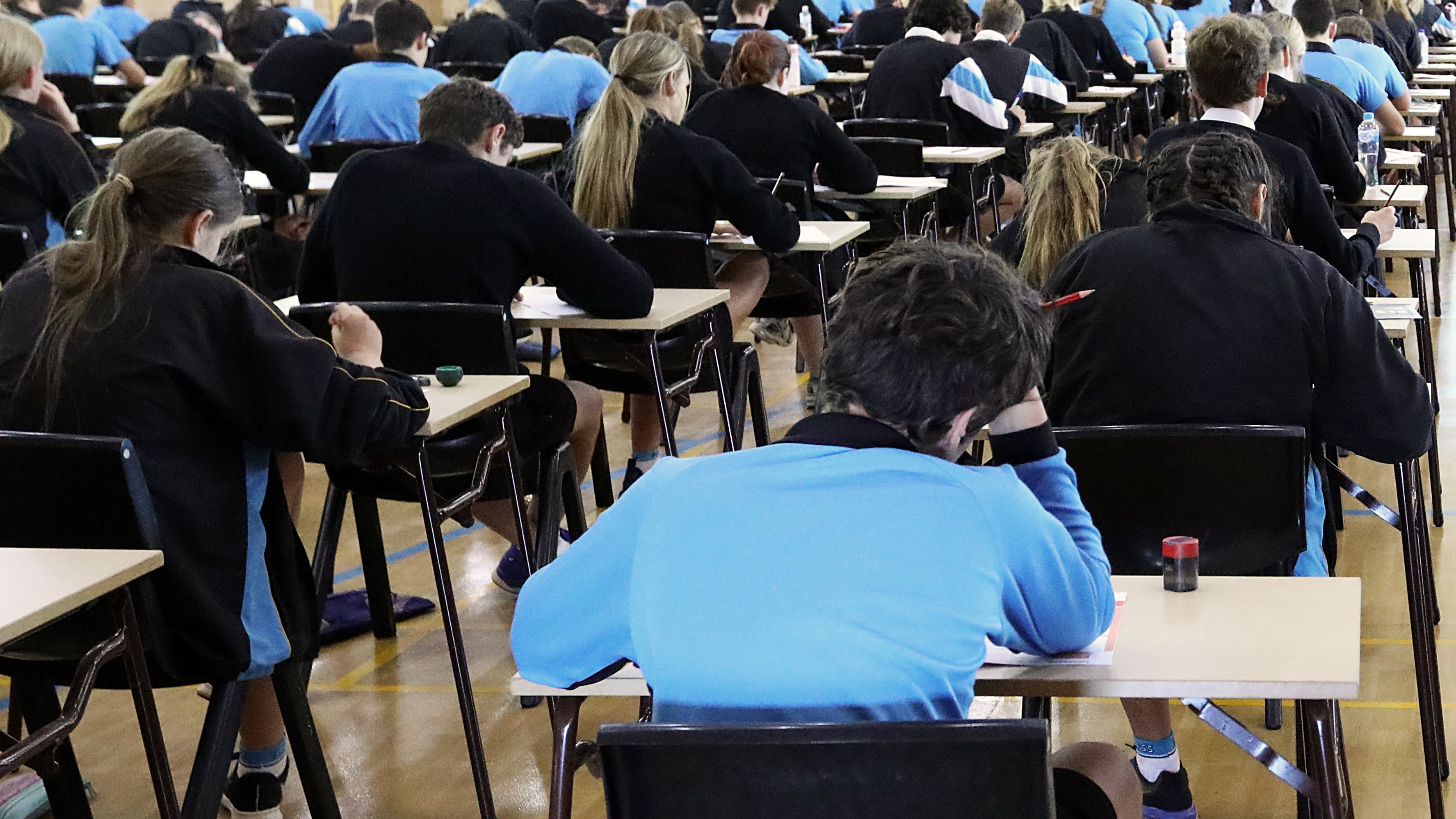Australia’s technology sector can take some comfort in the 2018 NAPLAN results, with numeracy skills continuing in an upwards trend.
The National Assessment Program – Literacy and Numeracy assessments test students in Years 3, 5, 7 and 9 across reading, writing, spelling and grammar, and numeracy.
The numeracy component specifically tested important skills – often linked with STEM (science, technology, engineering, and mathematics) fields – like problem-solving and reasoning.
Each year’s results are compared against the “base year” of 2008. The Australian Curriculum Assessment and Reporting Authority (ACARA) confirmed “the performance of Australian students in Years 5 and 9 numeracy… was significantly above the NAPLAN 2008 average.”
The percentage of students above the national minimum standard in numeracy was:
- 95.7% for Year 3
- 95.6% for Year 5
- 95.5% for Year 7
- 95.5% for Year 9
The 2018 results were the first since the government released its Gonski 2.0 review in May, which called for an increased emphasis on “general capabilities” as well as calling on educators to respond to shifts in technology.
Minister for Education and Training Simon Birmingham said future results must come from applying these changes.
“Future school reforms must focus on driving individual student achievement and equipping teachers with the right tools in the classroom,” Birmingham said.
“David Gonski’s recent report, Through Growth To Achievement, provides a clear plan on how to best support students across Australia to be their best and to reach maximum levels of achievement.
“Work continues with the states and territories and non-government school systems to determine how the reforms set out in the Review should be rolled-out.”
The online debate
The release of this year’s results was slightly delayed following a disagreement between some states and ACARA over how online tests be compared with the pen-and-paper version.
The online version of the test is currently being phased in ahead of nationwide paperless testing in 2020.
This year saw 20% of students complete the tests online.
And while Birmingham labelled the beginning of the transition as a “roaring success”, the online version yielded noticeably different results to the traditional version.
“This year’s results for Year 9 students who completed the writing test online were, on average, higher than the results of students who completed the writing test on paper,” said ACARA in a statement.
“The independent experts have confirmed the results are comparable; however, this difference appears to be a result of the test mode.”
Deputy Leader of the Opposition and Shadow Minister for Education and Training Tanya Plibersek said the effort matched the government’s previous digital transformations.
“It is incredible that this Government managed to stuff-up the delivery of NAPLAN online, just as they stuffed-up the Census, just as they've stuffed-up the NBN, just as they've stuffed up the delivery of the e-Health record.”










